Plastics-recycling – PET-Import-Duties 26-02-2022 - Arhive
Plastics-recycling – PET-Import-Duties
-Carbios, Indorama to cooperate on French plastics recycling effort
Plastics producer Indorama to use Carbios “bio-recycling” technology at existing facility.
Thailand-based plastics producer and recycler Indorama Ventures Limited (IVL) has agreed to collaborate with France-based Carbios to install a system deploying Carbios’ polyethylene terephthalate (PET) “bio-recycling” technology at IVL’s PET production site in Longlaville, France. Plastics-recycling – PET-Import-Duties
“We are very pleased that Carbios and Indorama Ventures have chosen France to build their first 100 percent bio-recycled PET manufacturing plant,” states Bruno Le Maire, French Minister of the Economy, Finance and the Recovery.
The capital investment required for the project is expected to be around 150 million euros ($168.6 million) for Carbios technology plus an estimated 50 million euros ($56.2 million) investment to be “allocated for the infrastructure preparation of the site,” according to the two companies.
Carbios says it expects to finalize “strong nondilutive financial support from French government and from the Grand-Est Region” of France, although that will be “conditional on the notification to the European Commission and on contractualization by French authorities.” Plastics-recycling – PET-Import-Duties
“We are pleased to implement Carbios’ innovative and transformative technology at our Longlaville site,” says D K Agarwal, CEO of Indorama Ventures. “Bio-recycled PET addresses customers’ growing demand to contribute to a cleaner planet through high-quality plastics while decreasing the use of hydrocarbons.”
Carbios has a demonstration plant in Clermont-Ferrand, France. The firm says the IVL collaboration moves it toward its goal to build and operate in France “the world’s first industrial-scale enzymatic PET bio-recycling plant, with a processing capacity estimated at around 50,000 tons of postconsumer PET [scrap] per year, equivalent to 2 billion PET bottles or 2.5 billion PET trays.”
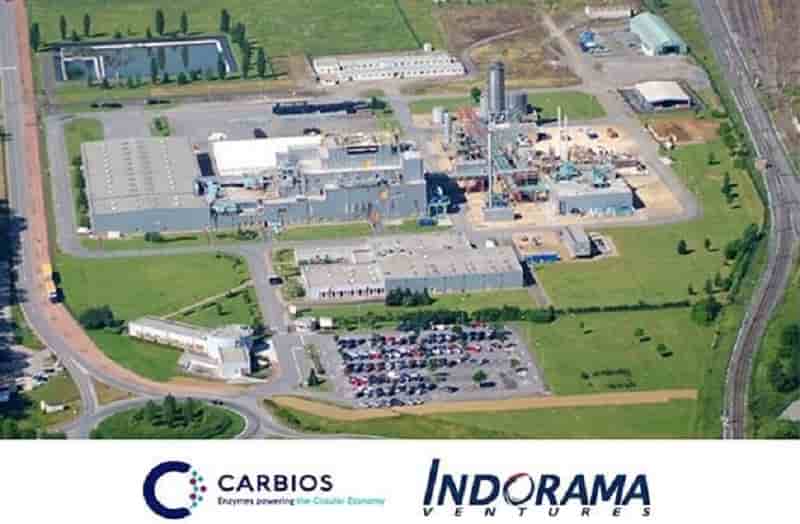
-Upcycling plastic waste into more valuable materials could make recycling pay for itself
A new and simple method for upcycling plastic waste at room temperature has been developed by a team of researchers at the Centre for Sustainable and Circular Technologies (CSCT) at the University of Bath. The researchers hope the new process will help recycling become more economically viable.
Plastic waste residing in either landfill or the natural environment currently outweighs all living biomass (4 Giga tonnes), culminating in one of the great environmental challenges of the 21st century. Whilst recycling rates are increasing across Europe, traditional methods remain limited because the harsh remelting conditions reduce the quality of the material each time it’s recycled. Plastics-recycling – PET-Import-Duties
Now researchers at the CSCT have developed a mild and rapid chemical recycling process for polycarbonates, a robust class of plastics commonly used in construction and engineering.
Using a zinc-based catalyst and methanol, they were able to completely break down commercial poly(bisphenol A carbonate) (BPA-PC) beads within 20 minutes at room temperature.
The waste can then be converted into its chemical constituents, namely bisphenol A (BPA) and dimethyl carbonate (DMC), helping to preserve product quality over an infinite number of cycles. Plastics-recycling – PET-Import-Duties
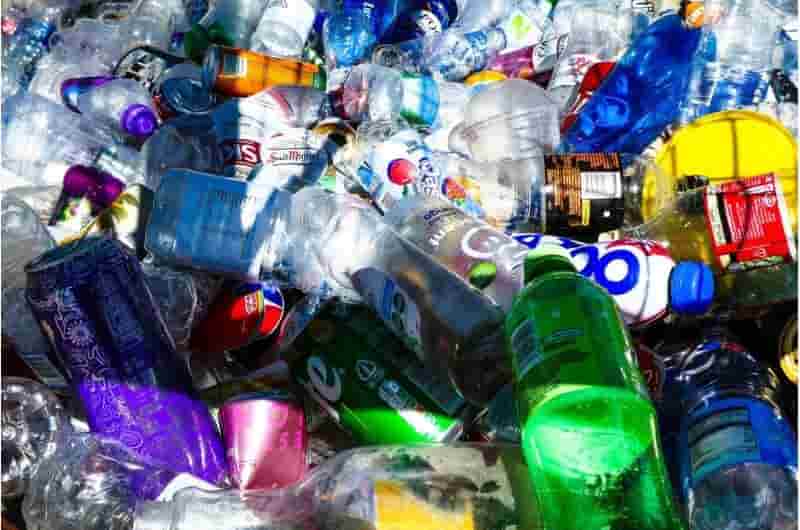
Avantium N.V, a leading technology company in renewable chemistry, recently conducted a third party and critically reviewed Life Cycle Assessment (LCA) study on the environmental impacts of its plantMEG™ (mono- ethylene glycol), from its Ray Technology™. The LCA shows a greenhouse gas (GHG) emission reduction of up to 83% over the life cycle when Avantium’s plantMEG™ is compared with its fossil-based incumbents. Plastics-recycling – PET-Import-Duties
MEG is a blockbuster commodity intermediate, used for plastic bottles and packaging, polyester textiles for clothing and furniture, and antifreeze applications. Today, more than 99% of MEG is produced from fossil feedstock, such as naphtha, shale gas, natural gas and coal. Avantium’s plantMEG™ is a fully recyclable, plant-based and competitive product while being identical to fossil-based MEG in quality and performance.
Avantium partnered with Sphera to perform a cradle-to-grave LCA for Avantium’s plantMEG™ in its most applicable market (PET bottles) in 2025 with a regional focus on Europe. The LCA takes into account the use of beet sugar from Cosun Beet Companyi, the process based on Avantium’s Ray Technology™, as well as the end-of-life (at which point waste materials are recycled, incinerated or landfilled). The LCA is aligned with European Commission 2025 target setting for PET and plastic bottle collection and recycling in the Single Use Plastics Directive and uses the Circular Footprint Formula for end-of-life allocation. The study compared Avantium’s plantMEG production with current incumbent alternative production routes of MEG (using natural gas, naphtha, shale gas and coal feedstock). For the plantMEG™ production process, electricity from wind, green hydrogen based on wind power and thermal energy from natural gas was assumedii. The plantMEG™ LCA study has been conducted according to the guidelines of ISO 14040/14044 and has been reviewed by an external critical review panel. Plastics-recycling – PET-Import-Duties
PlantMEG™ Carbon Footprint
The use of renewable feedstock (beet sugar from Cosun Beet Company) for plantMEG™ is the main driver for the reduced carbon footprint, 574kg CO2eqiii/t plantMEG™ compared to fossil-based MEG. The thermal energy used to produce plantMEG™ is the second driver for the carbon footprint.
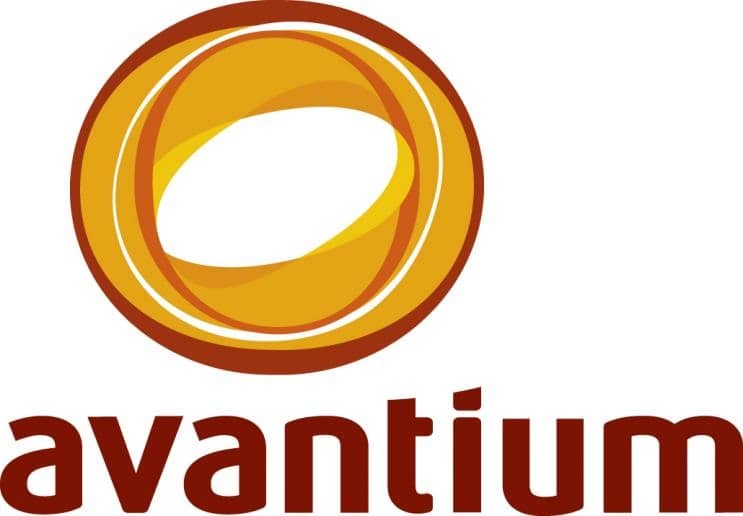
-Most Sustainable Way to Enhance Plastics Recycling
Do we increase the recycling rate of under-recycled polymers or do we turn up the dial on current recycling successes
Media and environmental groups keep telling us that only 9% of plastics are being recycled. In EPA parlance, this means that 9% of the plastics generated annually are recovered and thus available to be reprocessed into post-consumer recycled (PCR) resins. Plastics-recycling – PET-Import-Duties
What’s the most efficient way to reduce the use of virgin resins and the generation of greenhouse gases? Do we increase the recycling rate of resins that are currently not truly being mechanically recycled — polypropylene, low density polyethylene, and polystyrene, for example?
Or should we focus on turning up the dial on our current recycling successes?
The answer is to do both: But for now, we need to only focus on one resin: PET.
How is it possible to do both? Let’s review the data. Plastics-recycling – PET-Import-Duties
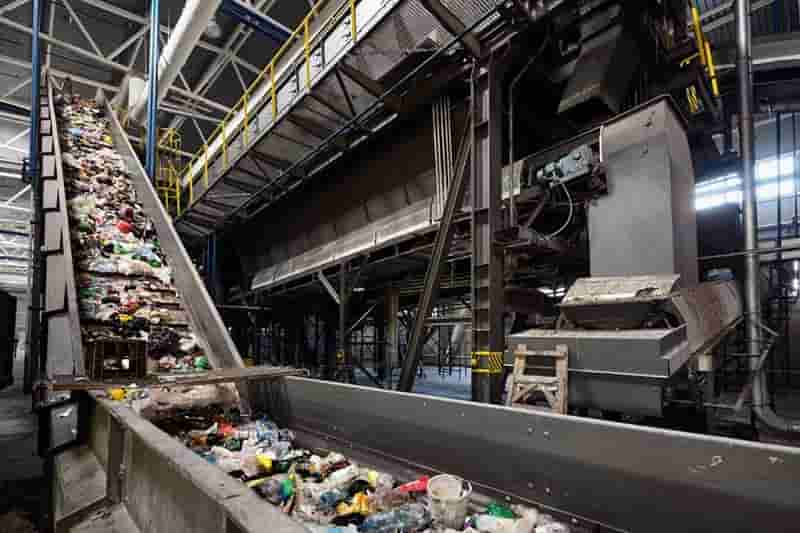
-PET Import Duties Squeeze Plastics Supply Chain
International Bottled Water Association makes a strong case why PET resin import duties collected since 2016 should lapse. Plastics-recycling – PET-Import-Duties
It’s not a Boston Tea Party type revolt on behalf of a popular polymer, but the International Bottled Water Association wants freedom from import duties placed on polyethylene terephthalate (PET) resin. It’s a watershed opportunity for 630 group members and numerous others who rely on PET resin, bottles, and other packaging including consumers.
It began in May 2016 when PET resin duties were levied by the US International Trade Commission (ITC) and Commerce Department. The ITC’s “sunset review” is underway to determine if the government should continue collecting those fees.
The reasons IBWA wishes to see the duty expire including, among others, troublesome, unintended consequences. For one thing, the group points to duty-dodging loopholes created by foreign companies. That’s aside from the current supply-chain hardships during a period when the availability of PET and other plastics is already constrained.
On January 27, the ITC conducted a hearing to hear from groups both in support and in opposition to the duties. Post-hearing briefs were filed February 7. The ITC is expected to conclude its review process by March 30, when a final decision will be made whether to rescind the order. Plastics-recycling – PET-Import-Duties
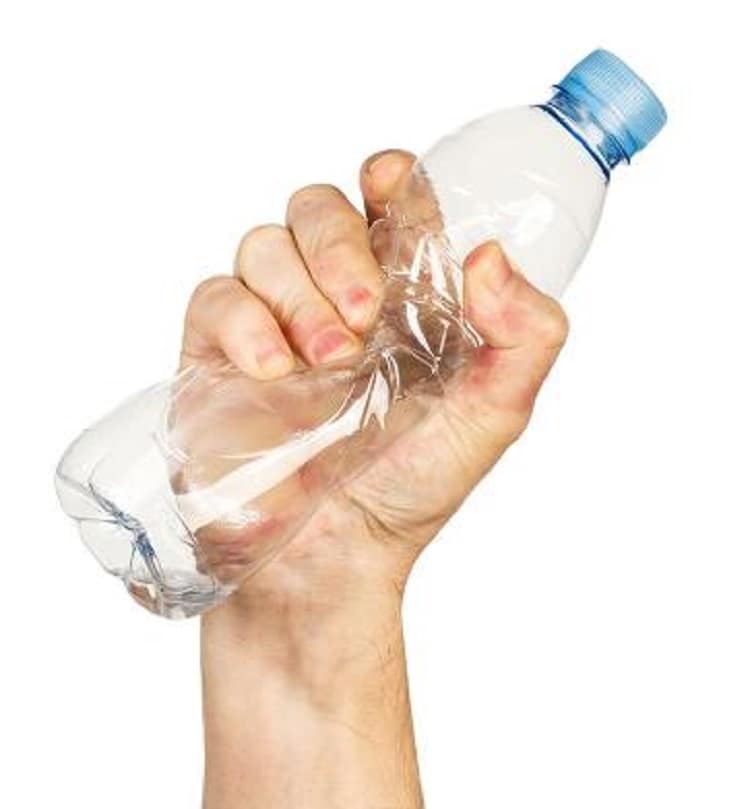
-Autotech-Sirmax India expands Thermoplastics Compounding Capacity to 45000 MT
Autotech-Sirmax India Pvt. Ltd. (ASIPL), a JV between Tipco Group & Sirmax SpA, invests INR 90 million and increases its continuous production compounding capacity in latest plant & machinery at its flagship plant in Valsad, GJ, India
Valsad, GJ, 22-Feb-2022 – Autotech-Sirmax announces an increase in its thermoplastics compounding capacity at an investment cost of INR 90 million in modern extrusion plant & machinery at Valsad. The Mumbai-based company is part of Tipco Group. It producesPolypropylene compounds, Engineering Plastics, Long-Glass Fibre Compounds, Bio-Degradable Compounds, Circular Economy Materials, etc. for India & S.E.Asian markets. Plastics-recycling – PET-Import-Duties
nvestment in latest high-speed, flexible length, multi-port, mega-torque, Co-rotating Twin Screw Extruders having overall annual capacity of 10,000 MT has increased the company’s installed output to over 45,000 MT. According to company’s marketing director, Mr. Ankur Betai, “These new compounding lines will help us cater to rapidly increasing market demand for high-quality Engineering Thermoplastics (ETP such as Polyamide 6 & 6,6, ABS, Polycarbonate, PC/ABS, PBT, Flame retardant compounds) as well as Polypropylene (PP) Compounds, which have grown by 50% and 26% respectively in the recent months”.
Tipco Group
Tipco was established in 1945. It is India’s first plastics raw materials manufacturing company. Tipco was also the first company to begin Polypropylene Compounding in India in 1982 catering to various Automotive OEM’s such as Maruti Suzuki, Honda, Toyota, TATA, etc. In 2018, ASIPL launched the complete range of speciality Engineering Thermoplastics Compounds (ETP) based Sirmax technology for making Polyamides (PA6/PA66/Blends), Polycarbonate (PC), Styrenics (ABS/SAN/HIPS), Polyesters (PBT/PET), Speciality Blends (PC/ABS, PC/PBT, PA/ABS, PPE/PS), POM, PEEK, Electrically & Thermally Conductive
Compounds, Elastomers. Tipco Group was also the first company in India to produce Long Glass Fibre Reinforced Thermoplastics Compounds (LFT) and Carbon Fibre Reinforced Compounds (CFRP) using latest extrusion-pultrusion technology which is successfully substituting metals with LFTs for several sectors. Autotech-Sirmax has recently launched Bio-Degradable Compounds called BioComp® for films & disposable market. Plastics-recycling – PET-Import-Duties
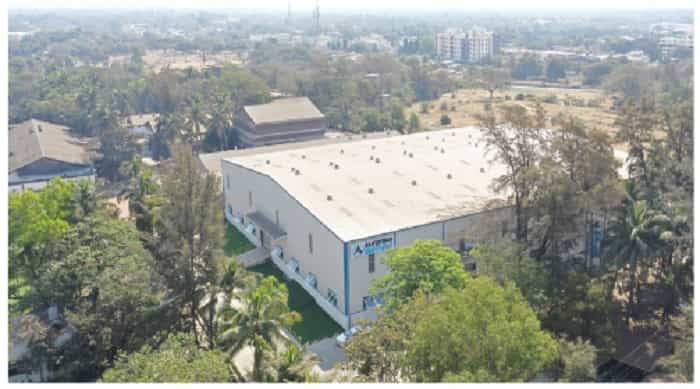
Plastics-recycling – PET-Import-Duties
